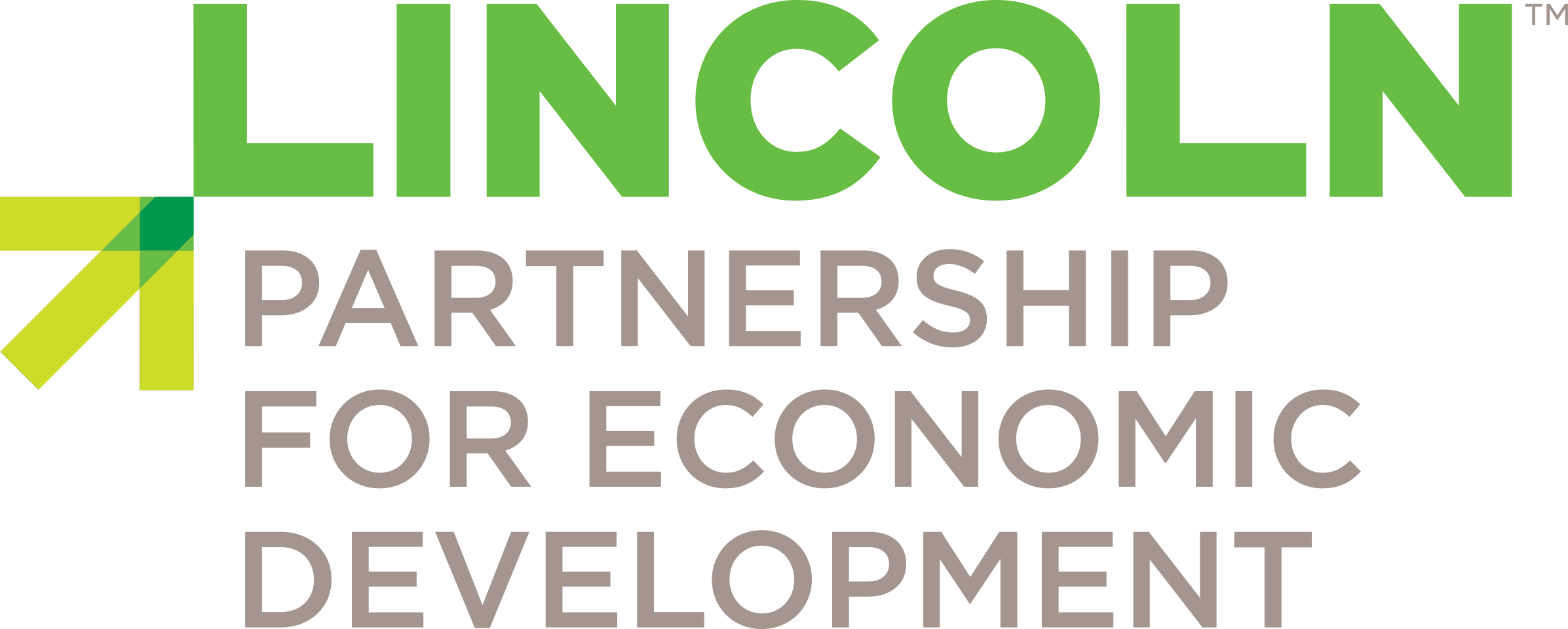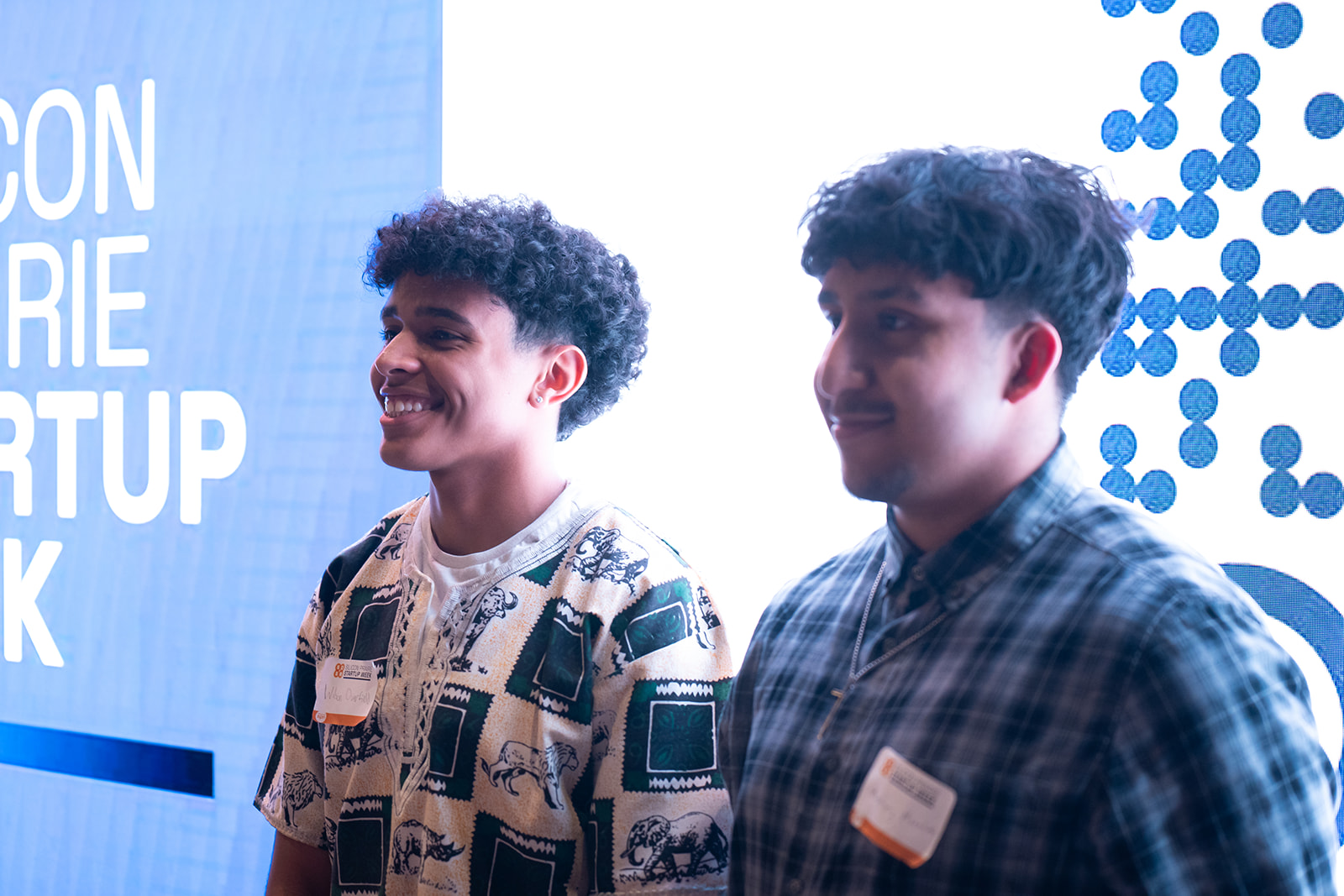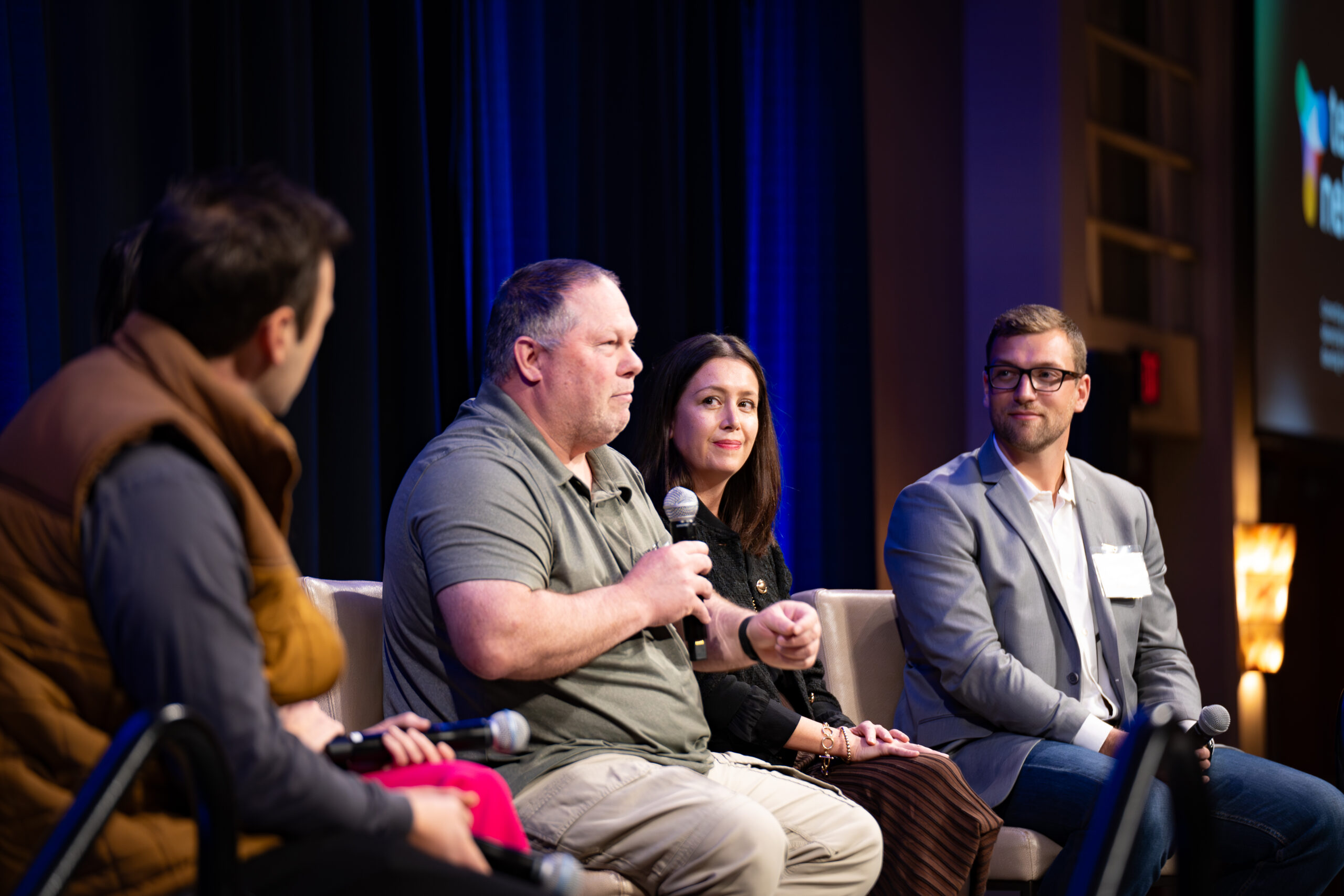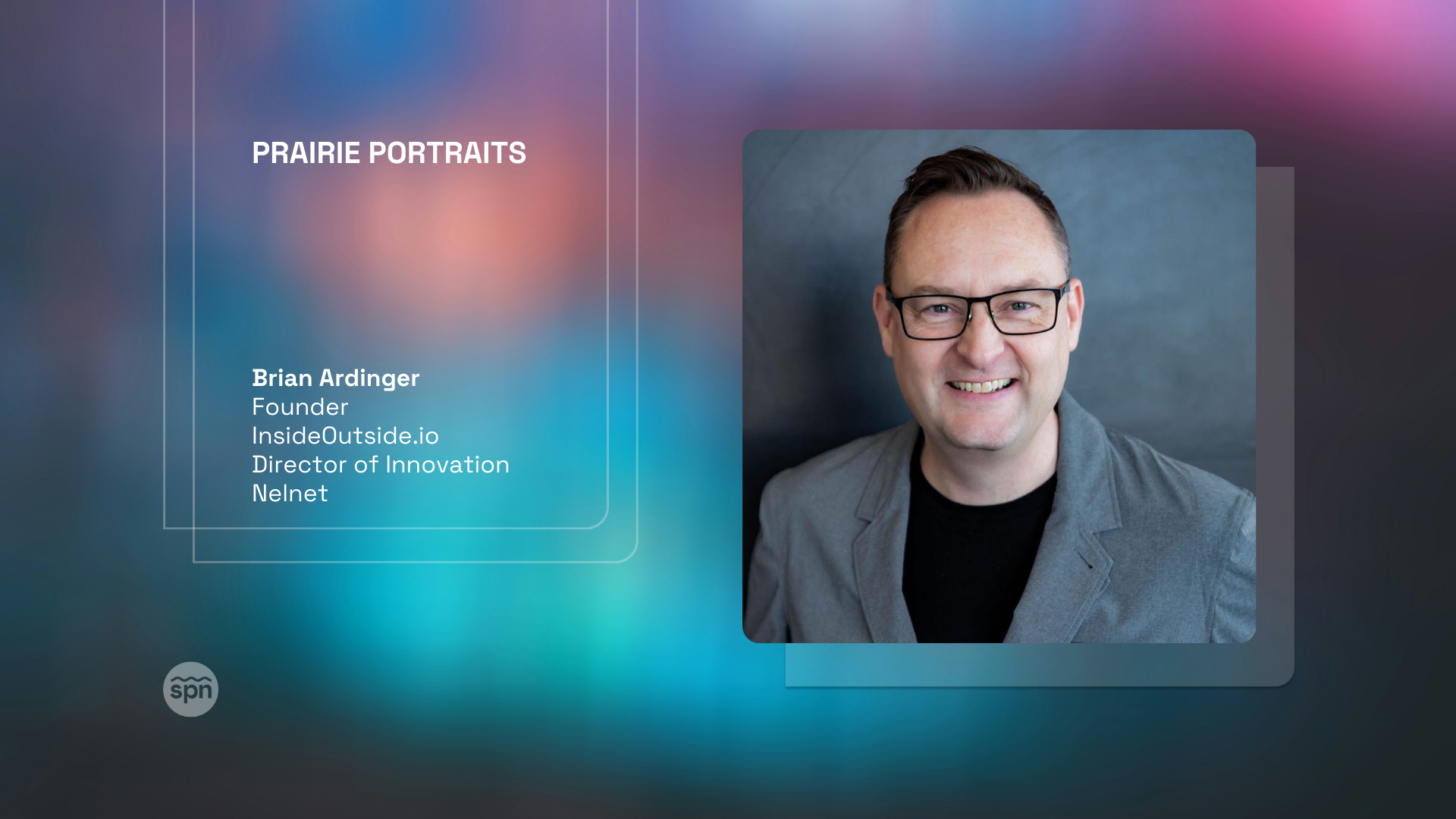
The Scott Technology Center near the University of Nebraska at Omaha’s campus is home to a new program.
A new startup program focused on executing a business model canvas and lean principles aims to help early-stage startups figure out if their idea is viable.
The new 10-week entrepreneurial endeavor, Aksarban Innovation Initiative, is using the Lean LaunchPad to help five startups: MultiMechanics, Techno FYI, Discovery Collective, Innovative Wellness and another undisclosed company. They’re about halfway through the program.
The program is a collaboration among the Scott Technology Center, University of Nebraska at Omaha’s Maverick Innovations and Jim Young Jr., co-founder of Aksarben Discovery Fund and member of the Nebraska Angels.
Lean LaunchPad focuses on the market viability of a concept prior to product development and helps startups stay accountable, track progress and validate results. The program, which uses customer interviews as a main tenant, was developed by Stanford professor and serial entrepreneur Steve Blank.
Traci Hancock, director of Maverick Innovations, said the program is for pre-accelerator, pre-incubator companies to help understand if their idea is worth pursuing.
The 10-week program focuses on a different box of the business model canvas each week. Co-founders and leaders of the program meet weekly to discuss customer interviews and what they’ve learned.
Leandro Castro, co-founder of MultiMechanics said he was invited to join the inaugural team, and although his startup is 4-years-old, he decided to join the program because it seemed like a great platform to quickly and scientifically test some of the business models and product offerings they were thinking about changing.
“Through this process we were already able to invalidate some ideas we initially thought were good, and we identified some other opportunities that had more potential,” Castro said. “We hope to gather enough data to justify the investment in the changes we first had in mind.”
A unique software, LaunchPad Central, helps them track interviews and progress.
“The software is a living document, like a lab book for a scientist,” Hancock said. “You can visually see how the business model canvas is morphing.”
Ken Moreano, director of the Scott Technology Center; Hancock and Young are the innovators behind the Initiative and have worked with students, community members and entrepreneurs from Omaha and Lincoln for 18 months to validate Nebraska’s need for the Lean LaunchPad program.
Organizers say it fills a gap they noticed working with early-stage companies.
“They were asking for investment, but had not truly validated their customers and market,” Hancock said. “The Lean methodology takes a scientific approach to building a business. When Maverick Innovations launched in 2013 to help move student and faculty research into the marketplace, we also wanted to engage the Omaha community in that process.
“Aksarben Innovation Initiative and Lean LaunchPad help us do just that.”
The five startups were selected on the co-founders’ “coachability” and entrepreneurial spirit rather than experience. They will work out of the space formerly occupied by Straight Shot and Interface School at Scott Technology Center.
Moreano and Young are subsidizing the program costs for the first group of startup teams—all they need to bring to the table are their ideas and commitment to the program. Future startup teams will be chosen through an application process administered through the Initiative. The next iteration will likely take place next year.
Additionally, Maverick Innovations together with various UNO colleges will be running LLP cohorts as part of the curriculum at UNO to students in the coming academic year.
Developed by the public, nonprofit Suzanne and Walter Scott Foundation, the Scott Technology Center opened in 2002 with the purpose of developing and facilitating partnerships between industry, government and academia by serving as an incubator for startup companies.
Hancock says this is just part of the vision of collaboration between Scott Technology Center, the university and the startup world.
“We see this as something that will help overall pipeline in our community,” she said. “We’re not creating another accelerator or trying to replicate Straight Shot or NMotion.
“What we’re trying to do is help those entrepreneurs before applying for accelerators or trying to raise funds. We hope to better prepare them for those meetings and activities.”



